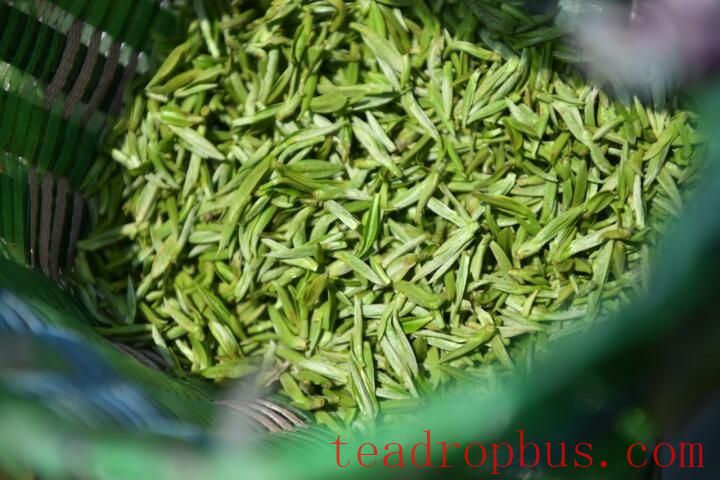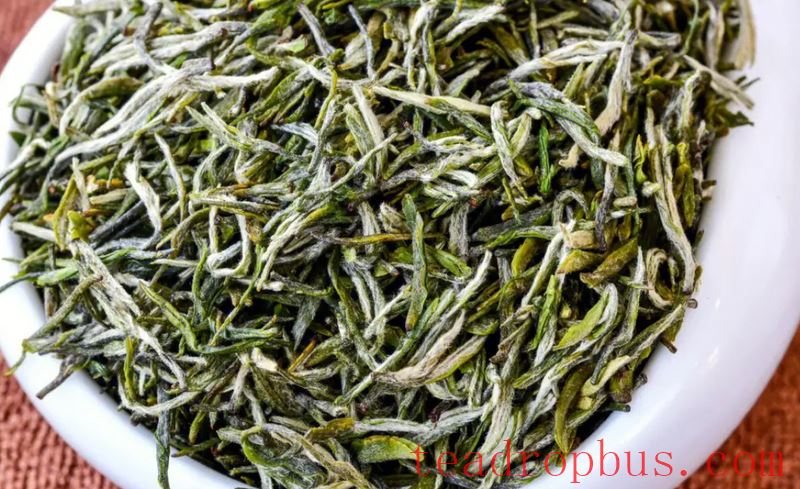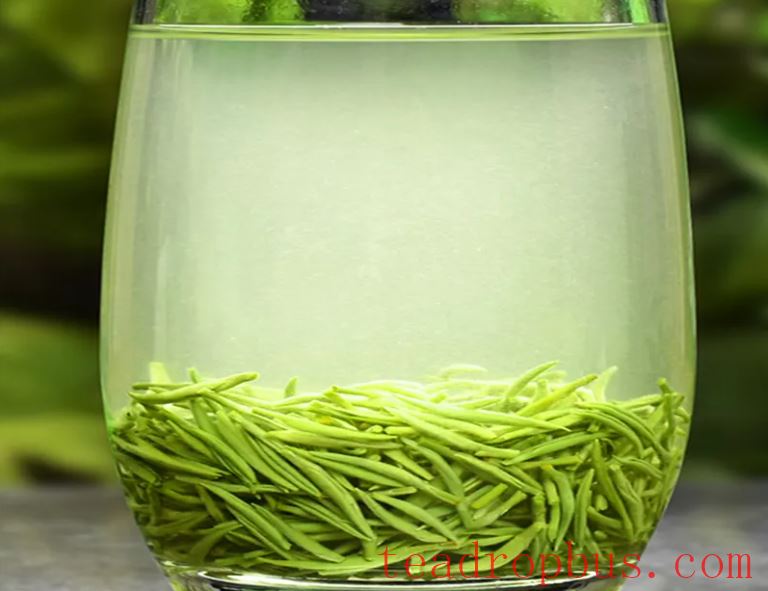Good Tea knows the season, and it emerges in spring. After a dormant winter, tea plants begin sprouting new buds. Spring Tea is the best quality tea of the year, a gift from spring to tea lovers. It's that time of year again for selecting and enjoying spring tea, but how do you determine if it's truly spring tea? What are some tips for buying spring tea?

How to Identify the Quality of Spring Tea!
1. Observe the Shape
The leaves of spring tea are generally tightly wrapped, appearing plump and substantial, with some having more downy hair, a fresh and lustrous color, and a rich, fresh aroma.
Summer and autumn teas, by contrast, have loose leaves, a dull color, and a mild aroma, markedly different from spring tea.
2. Examine the Liquor Color
In addition, we can also look at the color of the tea liquor.
Spring tea sinks quickly when steeped, with a potent and lasting aroma and a full-bodied flavor;
Summer and autumn teas sink more slowly when steeped, with a less pronounced aroma.

3. Taste the Aroma
During storage, various substances in tea that contribute to its taste either decompose and volatilize or condense into substances insoluble in water. Therefore, regardless of the type of tea, new tea has a rich and fresh taste, while old tea tastes bland and unrefreshing.
4. Inspect the Leaf Base
After Steeping, the leaf base of new tea shows a yellowish-green hue, appearing fresh and tender, whereas the leaf base of old tea tends to be more yellowish, lacking freshness.
Tips for Buying Tea
First, when tasting tea on the mountain, choose mineral water from a reputable brand for brewing, not the mountain spring water, as the sweetness and mouthfeel of the mountain's mineral water are too good, which can mask issues with the tea.

Second, during the tasting process, if there is a noticeable scorched flavor and you notice large burnt edges, it's advisable not to buy such tea, as over-processing during the initial steaming can result in a significant lack of aroma later on.
Third, don't buy teas labeled with famous mountain names like Bingdao or Mangzhang at prices like 9.9 (significantly below market value), no matter what others may tell you, as they are likely to be fake teas.